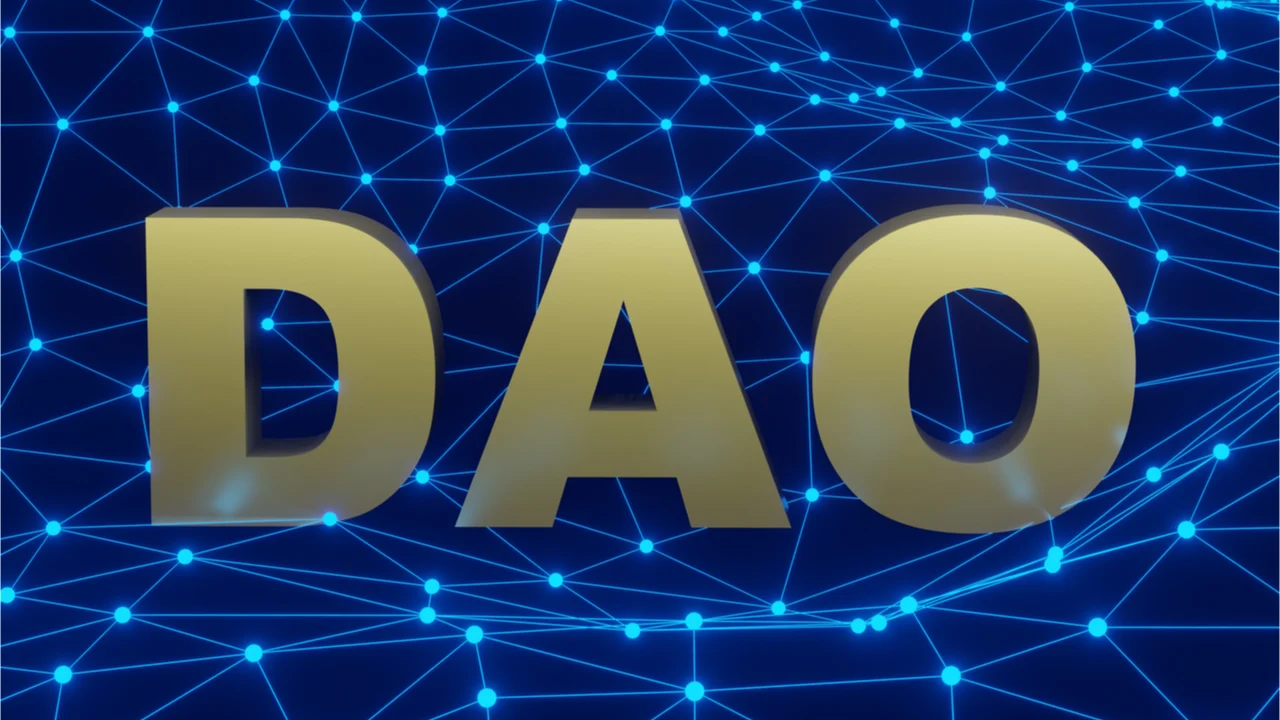
Decentralized Autonomous Organizations, or DAOs, are one of the most fascinating experiments to emerge from the crypto world. They promise to revolutionize how people collaborate, govern, and build projects — without relying on traditional hierarchies or institutions.
At its core, a DAO is a community-led organization represented by rules encoded in smart contracts on a blockchain. These smart contracts automate decision-making, treasury management, and operational functions. Instead of a CEO or board of directors, a DAO is governed collectively by its members — usually through token-based voting.
Imagine an organization where every major decision, from how to allocate funds to which features to build, is made transparently by the community. That’s the essence of a DAO. Token holders propose ideas, vote on them, and if the proposal passes, it’s executed automatically by code. There’s no middleman, no bureaucracy, and often no legal entity behind it.
The DAO concept gained public attention in 2016 with the launch of “The DAO,” an early Ethereum-based venture fund experiment. It raised $150 million in ETH but was famously hacked due to a vulnerability in the smart contract code. That led to a hard fork of Ethereum and temporarily shook confidence in the concept. But since then, DAOs have returned — more secure, more specialized, and more diverse than ever.
Today, DAOs are being used for all kinds of purposes. Some manage DeFi protocols like Uniswap or Aave. Others govern NFT communities, allocate grants for open-source development, or even buy real-world assets like rare art and real estate. There are DAOs for social clubs, investment pools, media collectives, and more. The possibilities are wide open.
What makes DAOs so powerful is the ability to pool resources from a global group of people who share a common interest — and then manage those resources transparently. Funds are held in multi-signature wallets or smart contracts, and every vote, transaction, and proposal is recorded on-chain. This kind of radical transparency can build trust and efficiency in a way that traditional organizations often struggle to match.
Still, DAOs are not without challenges. Governance can be tricky — voter apathy, whale dominance (where a few token holders control outcomes), and slow decision-making are all common issues. Legal recognition is another hurdle. In many jurisdictions, DAOs exist in a legal gray area, and it’s unclear how they fit into existing corporate or regulatory frameworks.
There’s also the human element. DAOs are built on code, but they’re run by people. That means social coordination, communication, and community culture are just as important as the underlying technology.
As Web3 evolves, DAOs may become the new standard for organizing work and capital online. They offer a glimpse into a future where anyone, anywhere, can have a say in the direction of a project they care about — not because they were hired or appointed, but because they showed up, contributed, and earned a voice.
Whether you’re a developer, investor, or just crypto-curious, understanding DAOs is crucial to understanding where blockchain is headed. It’s not just about money or code — it’s about governance, transparency, and reimagining collaboration in a digital-first world.